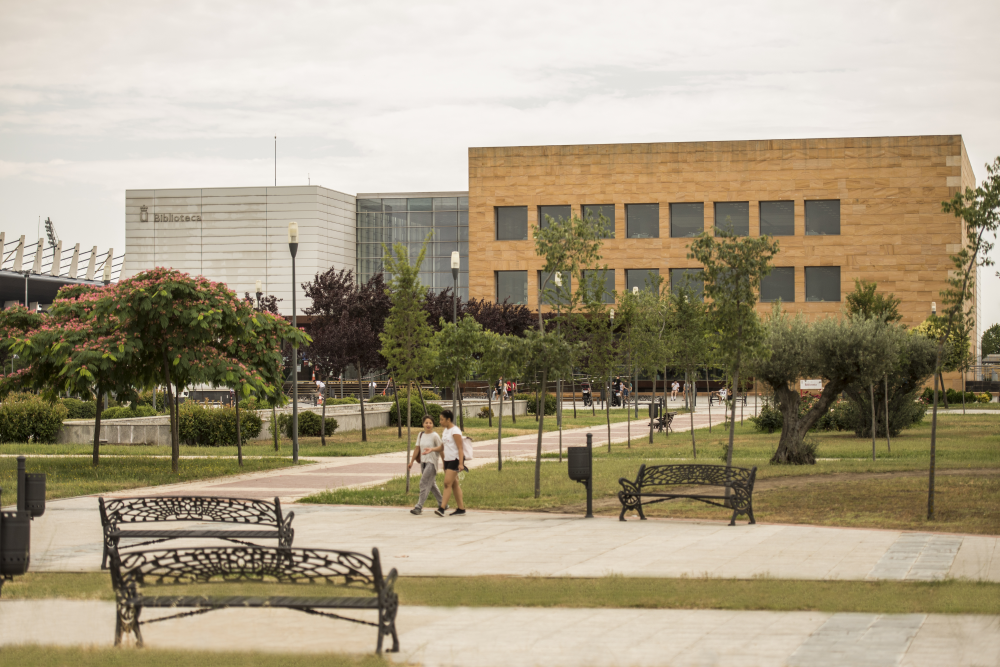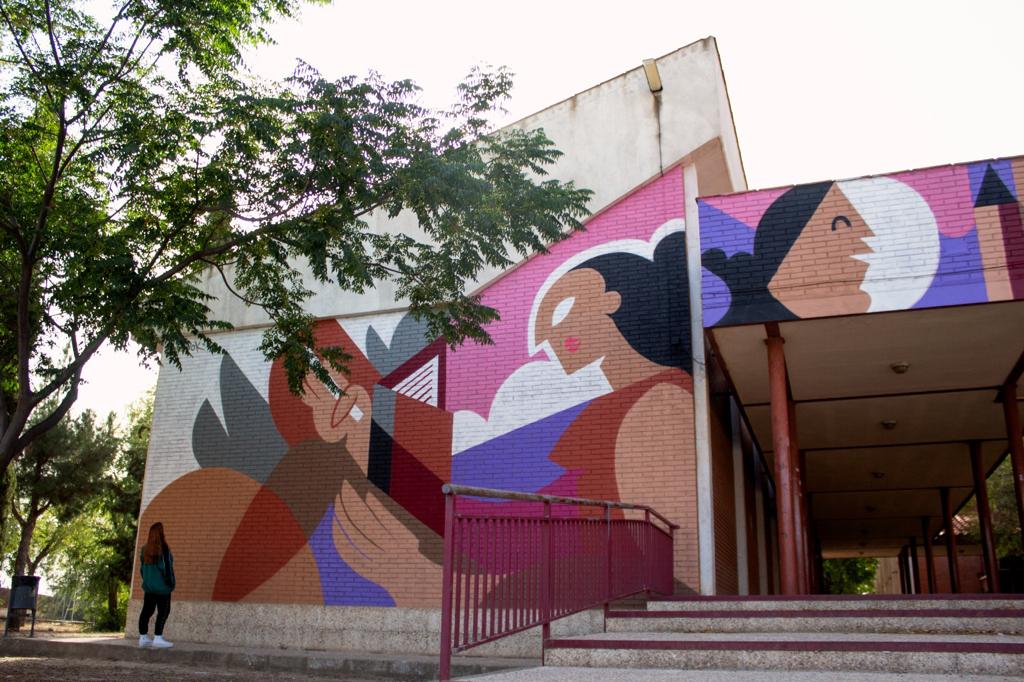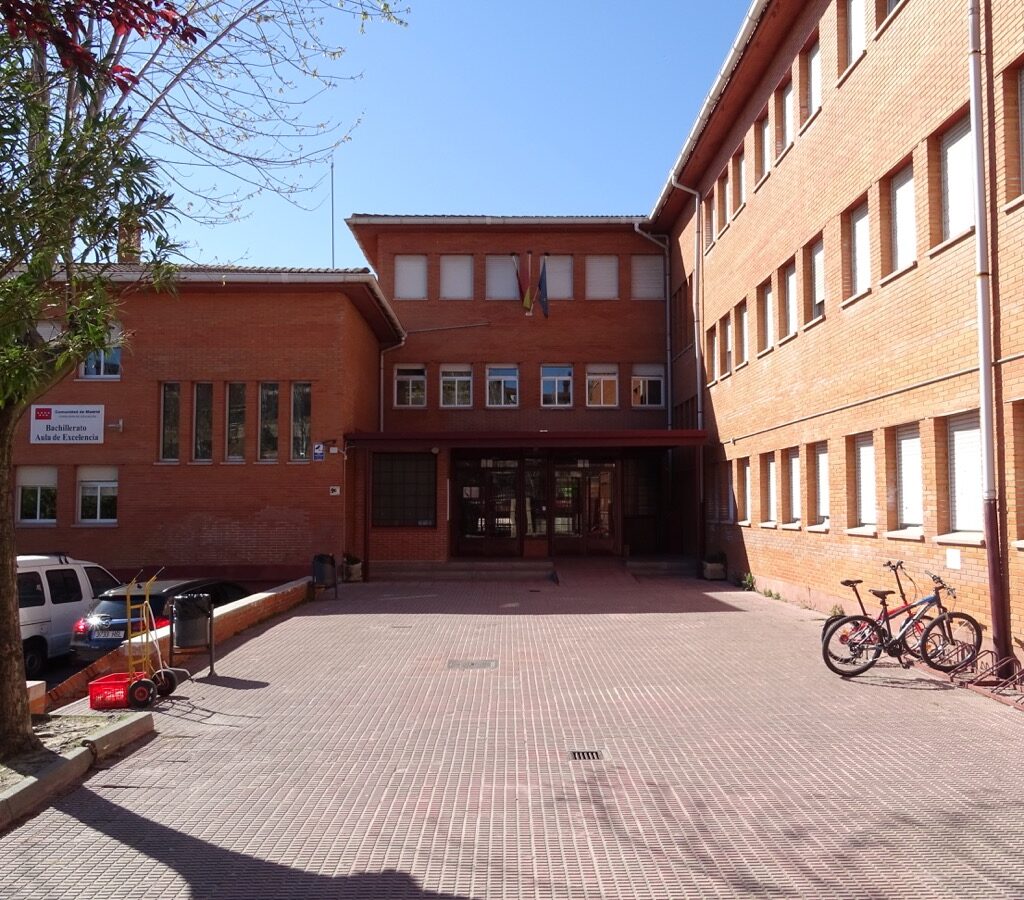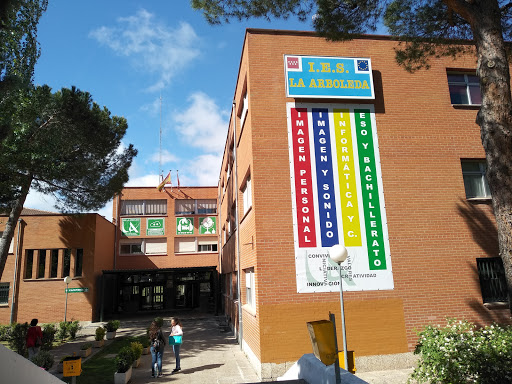URJC
The Universidad Rey Juan Carlos (URJC), established in 1996, stands as the youngest public university in Spain, boasting several campuses across the greater Madrid area. The university’s core mission revolves around fostering innovative research and delivering high-quality education in one of Spain’s fastest-growing regions. With an impressive enrollment of nearly 47,000 students, URJC has secured its position as the second-largest university in Madrid and the sixth-largest in Spain. Currently, it hosts a faculty of almost 2,500 lecturers, making it the second-largest public university in Madrid in terms of student population.
URJC takes pride in its strong international projection, attracting a diverse academic community comprising 4,000 foreigners hailing from 60 different countries. The university offers an extensive range of study programs, including 71 bachelor’s degrees and 78 double degree programs, catering to a broad spectrum of academic interests and career aspirations.
Over its 25-year history, URJC has achieved noteworthy milestones, particularly evident in its diverse academic offerings and the substantial number of students successfully obtaining degrees. In the 2021-2022 academic year alone, the university enrolled an impressive 40,579 students across its various programs, reinforcing its commitment to providing a comprehensive academic experience.
URJC’s influence extends across its five strategically located campuses in Móstoles, Alcorcón, Madrid, Fuenlabrada, and Aranjuez. Each campus is dedicated to specific faculties and schools, embodying a commitment to specialized education. The university has meticulously coordinated these campuses to not only provide a conducive learning environment but also to contribute to sustainable management and social development. This commitment is outlined in URJC’s 2020-2025 Strategic Plan, a testament to its dedication to shaping a holistic educational experience and contributing to the broader community.
The VIRION team at URJC is tasked with overseeing the entire project and is composed of four teaching researchers specializing in Journalism and Visual Media, along with two technicians.

URJC Team
Dr. Marina Santín is Associate Professor and Researcher at the Department of Journalism and Corporate Communication at the Rey Juan Carlos University. She has a doctorate in Communication and a degree in Journalism and Law from the Universidad Complutense of Madrid. She specializes in the study of the production and distribution of media content. Her main line of research focuses on the analysis of the journalistic profession and the application of professional deontology therein. https://orcid.org/0000-0002-0036-0861
Dr. Ricardo Roncero Palomar is a professor of media communication. His research focuses on photography, non-narrative cinema, and expanded interactive representation. He has authored numerous research articles and book chapters published by various indexed publishers. With international experience, he has taught short courses at universities in Belgium, Finland, and Mexico. Additionally, Dr. Roncero Palomar works as an artist and has self-published several photographic collections in books, along with exhibiting visual pieces throughout the country. https://orcid.org/0000-0002-4339-3970
Dr. David García Marín, PhD in Sociology from UNED. Master’s Degree in Digital Communication and Education (UNED). Master’s Degree in Radio from San Jorge University (Zaragoza). Bachelor’s Degree in Journalism (Complutense University). Associate Professor of Journalism at Rey Juan Carlos University. His research areas focus on podcasting, disinformation, fact-checking, media literacy, and artificial intelligence applied to communication. He is the author of a hundred publications (papers and books) focusing on current perspectives of media literacy, podcasting, and the challenge of disinformation for democratic societies. https://orcid.org/0000-0002-4575-1911
Dr. Victoria Mora de la Torre holds a Ph.D. in Visual Media and a master’s degree in Secondary School, Vocational Training, and Language Teacher Training. She has been a professor in the field of Audiovisual Communication for five years and previously served as an educator in both private and public educational institutions. With over 15 years of professional experience, she has contributed as an assistant director, video editor, and camera operator in national and regional production companies. Currently a member of the SA-BIO (Bioinspired Systems and Applications) research group, has actively participated in several European research projects, including VIRION and They:Live. She has also been involved in the Innovation Project on AI Literacy in Audiovisual Communication. Her primary research areas encompass audiovisual technology, social media (RRSS), and educational innovation. https://orcid.org/0000-0002-5221-6538
José Luis Postigo Sierra, Agricultural Engineer from the Technical University of Madrid (UPM), currently certified as a Project Manager by the International Project Management Association (IPMA). Over the last 6 years, he managed European projects related to calls like H2020, Horizon Europe, Justice Programme, Erasmus+, CERV. Also an associate professor at URJC, he balanced it with administering INTUMA SL for over 20 years, contributing to various national and international projects. Holds a Master’s degree in Intelligence Analysis from URJC and a Specialist in Management and Promotion of NGOs from UCM. Collaborated on projects funded by AECID and FAO with the Centre for Innovation in Technology for Development-itdUPM.
Rubén Villalba is Graduate in Translation and Journalism with a Master in Cultural Journalism. He currently works as a PhD Research Assistant at the Department of Journalism of King Juan Carlos University, where he does research and teaches on Communication and Media Studies. He has previously worked as a journalist at national and local media, specially focused on culture and education.
Participating Schools in the Spanish Team
IES La Sisla (Sonseca, Toledo, Spain)
IES La Sisla is located in the Toledo town of Sonseca. It is a bilingual and comprehensive educational center that offers a range of programs, from compulsory secondary education to intermediate-level professional training in various areas such as electricity, health, administration, and care for dependent individuals. With over 1200 students and 200 teachers, the school actively participates in initiatives such as the Socio-educational Intervention Program, the Healthy School Project, and Erasmus+ programs.
https://www.ieslasisla.es

IES Margarita Salas (Majadahonda, Comunidad de Madrid, Spain)
The IES Margarita Salas is a bilingual Secondary and Baccalaureate educational center located in Majadahonda, in the Community of Madrid. It offers four lines in Secondary Education (ESO) and eight lines in Baccalaureate. The school is part of the STEAmadrid Center Network and has more than 1000 students.
https://www.educa2.madrid.org/web/centro.ies.margaritasalas.majadahonda

IES La Arboleda (Alcorcón, Comunidad de Madrid) Spain
The IES La Arboleda is located in Alcorcón, in the province of Madrid. It is an educational center with over 1,000 students, offering programs in secondary education and vocational training related to the fields of image and sound, personal image, and ICT. The center covers basic, secondary, and higher education. IES La Arboleda actively participates in numerous Erasmus+ projects, along with its own initiatives such as the award-winning theater project “La comparsa instable,” recognized by the Community of Madrid. Additionally, the school collaborates on projects with other institutions, including the “Manuel de Falla” conservatory.
https://site.educa.madrid.org/ies.laarboleda.alcorcon

